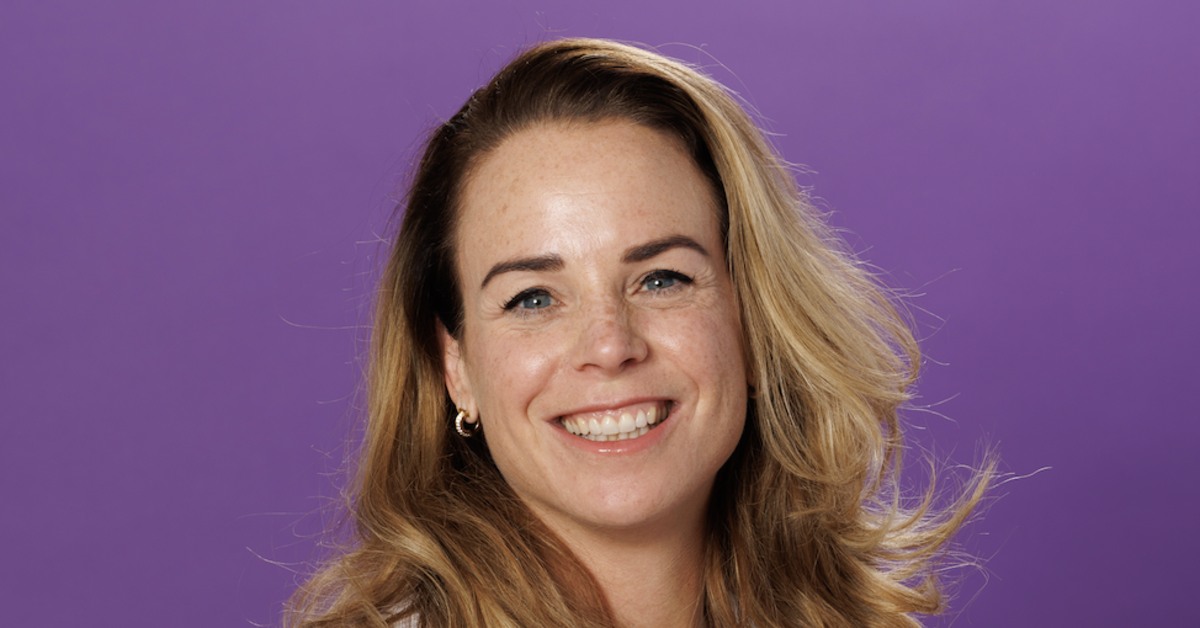The awareness of smart homes continues to rise in the Netherlands, where 62% of consumers now say they are familiar with the concept. Notably, the number has doubled compared to 2015, according to a survey from research specialist GfK Global.
The report also added, over two-thirds of these consumers own at least one smart device. On average, consumers who are familiar with smart home own four devices, according to the 2019 Smart Home Monitor published by research company GfK in collaboration with the Smart Home Society.
Google: The most used virtual assistants
The research conducted by Gfk also provided useful insights on the virtual assistants, where it informed, among consumers familiar with smart home technologies, nearly one in five owns a smart speaker.
Also, smart speakers from Google, such as the Google Home and Google Mini, are the best known (57%) and most commonly owned (15%). Trailing somewhat behind is Amazon, which is known among 24% of consumers for its smart speakers, including the Amazon Echo. There is a growing awareness of brands that focus on sound quality, such as Sonos, JBL and Harman.
Consumers around 63% are familiar with Google Assistant with a 25 percentage-point increase in consumer awareness compared to last year. Having said that, it has now taken the top spot from Apple Siri. Meanwhile, Amazon Alexa ranks third among the best-known voice assistants, recognised by 27% of respondents.
Affiliate partner:
Barbara Schouten, Key Account Manager Technology at GfK says,
Since we started conducting this survey, the smart home market has come of age. Yet there are still significant challenges that the market must overcome in order to achieve general acceptance, specifically when it comes to the topics of privacy and security.
Intrigued by technology, a lot of consumers prefer smart journey, including smart thermostat or a smart energy meter, smart entertainment products, and lighting solutions.
Interestingly, smart home appliance brands are carving their niche amidst major electronic brands. The report also suggests that the Highly educated men aged 18-49 with an above-average income are the most likely to own smart home solutions.
Why Dutch people prefer smart homes?
The study finds that Dutch consumers choose smart home products mainly for the convenience, energy savings, and pleasure they provide. The more smart products a consumer owns, the more benefits they recognise.
At the same time, consumers also worried about the privacy issues and fear of hacking. However, consumers also see smart home products as a solution for improving home security.
Schouten added,
This is why it is so important to bundle the knowledge of manufacturers, retailers, and installation technicians with regard to products and privacy – and security-related issues.
Amid these security concerns, twice as many consumers are expected to fully convert their homes to smart techniques within the next two years.
Control devices with voice!
Above all, consumers want to be able to control their smart TVs, lighting, and thermostat with voice commands, and they expect to be able to use spoken commands to play music and make adjustments to their smart devices around the house.
DISCLAIMER: This article contains affiliate links, which means we may earn a small commission if a reader clicks through and makes a purchase.
Stay tuned to Silicon Canals for more European technology news.
https://siliconcanals.com/promoted-content/scaling-europe/how-to-build-a-strong-digital-europe-where-scale-ups-thrive/










01
From telecom veteran to Dutch Startup Visa success: The Jignesh Dave story